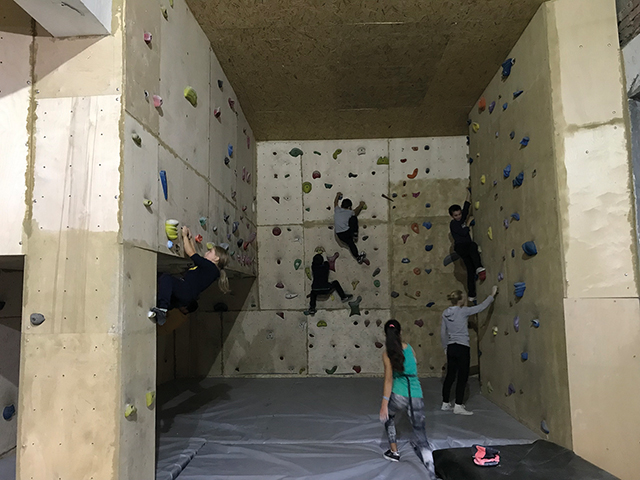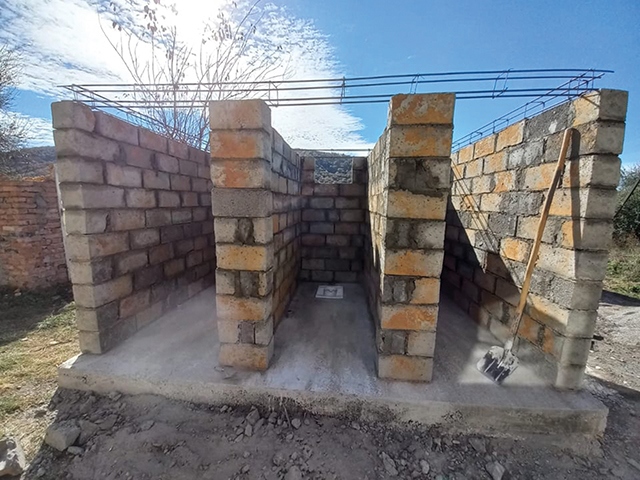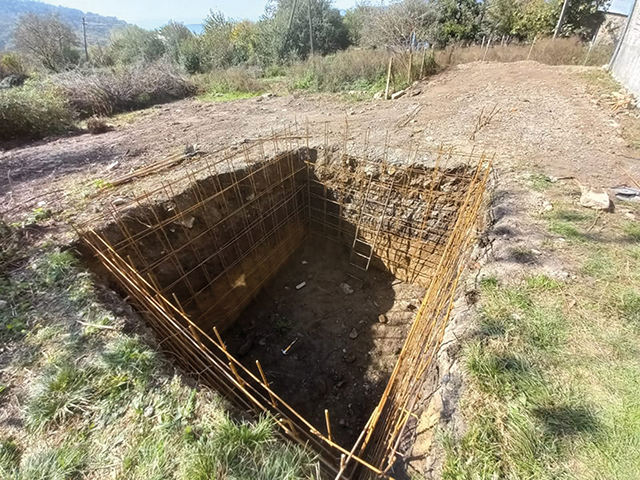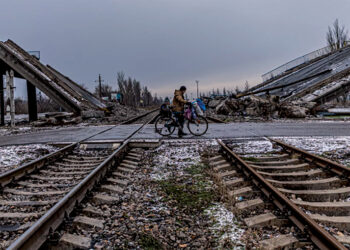A globally accepted term, WASH stands for Water, Sanitation and Hygiene. Why do we need WASH? almost 1.1 billion people around the globe do not have access to safe water and 2.4 billion experience inadequate sanitation. It is pivotal to bring water, sanitation and hygiene to the communities not only for health but also to overcome poverty and restore human dignity.
This is the main goal of the project “Community Action to Improve WASH Services in Vulnerable Rural Communities of Georgia,” which is being implemented in Akhmeta and Tsalka municipalities since November 2020 by CENN, with the financial support of New World Program, Global Water Challenge and Coca-Cola Foundation (TCCF). The project aims to improve access to WASH services in the target municipalities.
To note, over 200 million school-age children are infected with parasites and flukes. Illnesses related to water and sanitation can have severe results, among them physical and mental underdevelopment, or a decrease in children’s learning capacity.
In the target municipalities, the supply of clean drinking water and technical water supply in general is not properly regulated. In the first phase of the project, a survey was conducted involving WASH assessments in schools and Healthcare Centres in the target municipalities. The first such survey was conducted by CENN in 2017. After the evaluation, it is clear that while there has been real progress compared to the previous years, this result is not enough, especially when it comes to the issue of constructing water and sanitation systems in ambulatories.
COVID-19 pandemic revealed a nonnegotiable need to adhere to WASH standards, and central to this is provision of adequate services. This directly determines the health of each individual. The project
“Community Involvement in Georgia’s Vulnerable Communities to Improve WASH Services” included two main areas: an awareness-raising campaign involving training for healthcare workers and youth groups on WASH and COVID-19, and implementation of infrastructure projects in kindergartens, schools, health care centers, etc.
Within the framework of the project, a grant competition was announced in August of this year, during which three large-scale and four small infrastructure projects were financed by the project. As a result, tens of thousands of people will have access to clean and safe drinking water. The following projects were selected and funded:
TSALKA MUNICIPALITY, GUMBATI VILLAGE
The village of Gumbati is located in Tsalka municipality, 20 km from the town of Tsalka. As part of the Rural Support Program, river water was brought to the village several times, but this water could not be used for drinking. The situation was particularly problematic in the educational institutions, which require high WASH standards. As was the case for the social enterprise Gumbati, where the residents of 5 nearby villages, namely entrants and primary school students, go to attend lessons every day.
Within the framework of the project, drinking water was brought to the yard of the Social Enterprise Gumbati and the public school of the village Gumbati. Also, bathrooms were rennovated in the social enterprise and a small space was built in both yards where water can be drunk and bottles filled, meaning the population will now have drinking water in the center of the village.
Toilets and bathrooms were also set up in the building that houses the young climbers’ club “Little Climbers” in the town of Bediani, Tsalka Municipality. The club is intended for children from rural areas and young people living in Bediani orphanage, who can join the club completely free of charge.
TSALKA MUNICIPALITY, TSALKA
The problem of water supply in Tsalka Municipality Public School #1 was quite acute. As the school has a small budget and could not fully maintain the water supply system, the water flow pressure could not supply water to the second and third floors of the building. Due to the harsh climate, the problem was compounded by the freezing of pipes, which necessitated additional measures to maintain the water supply at least partially. The project carried out a complete rehabilitation of the water supply system, so that students could have access to clean drinking water throughout the year.

AKHMETA MUNICIPALITY, KVEMO ALVANI VILLAGE
There was no gym in the village of Kvemo Alvani where local youth could train. Accordingly, within the framework of the project, a year-round exercise space was set up.
Within the framework of the project, in cooperation with the Tusheti Development Fund and the Akhmeta Local Development Group and the Akhmeta Municipality, a gym is to be constructed for young people in Kvemo Alvani and the rehabilitation works of the building and sanitary facilities will be carried out. This will be a space where it will be possible for children to engage in sports. The need for this hall is also confirmed by survey conducted by the local City Hall and by collected signatures. The beneficiaries of this project will not only be the population of the village of Kvemo Alvani but also the youth of the surrounding villages- Alaverdi, Babaneuri, Laliskuri, Argokhi, etc.

AKHMETA MUNICIPALITY, KASRISTSKALI VILLAGE
Rehabilitation of the health care centres and bathrooms in the village was carried out, as was fencing of the area around the health care centre. Water was brought to the health care centre, and its interior walls renovated, helping to perfect the disinfection process.

AKHMETA MUNICIPALITY, ARGOKHI VILLAGE
Argokhi is located in the community of Maghraani, 20 kilometers from the municipal center.
In Argokhi, a culture centre, which has an assembly hall, a meeting room and a library, has been opened.
The building was renovated several years ago at the initiative of the local population and Akhmeta Municipality, although the building’s infrastructure did not meet public health recommendations.
Within the framework of the project, in cooperation with the Akhmeta Local Development Group and the Akhmeta Municipality, rehabilitation of sanitary and hygienic facilities was carried out and infrastructure for persons with disabilities was arranged.














